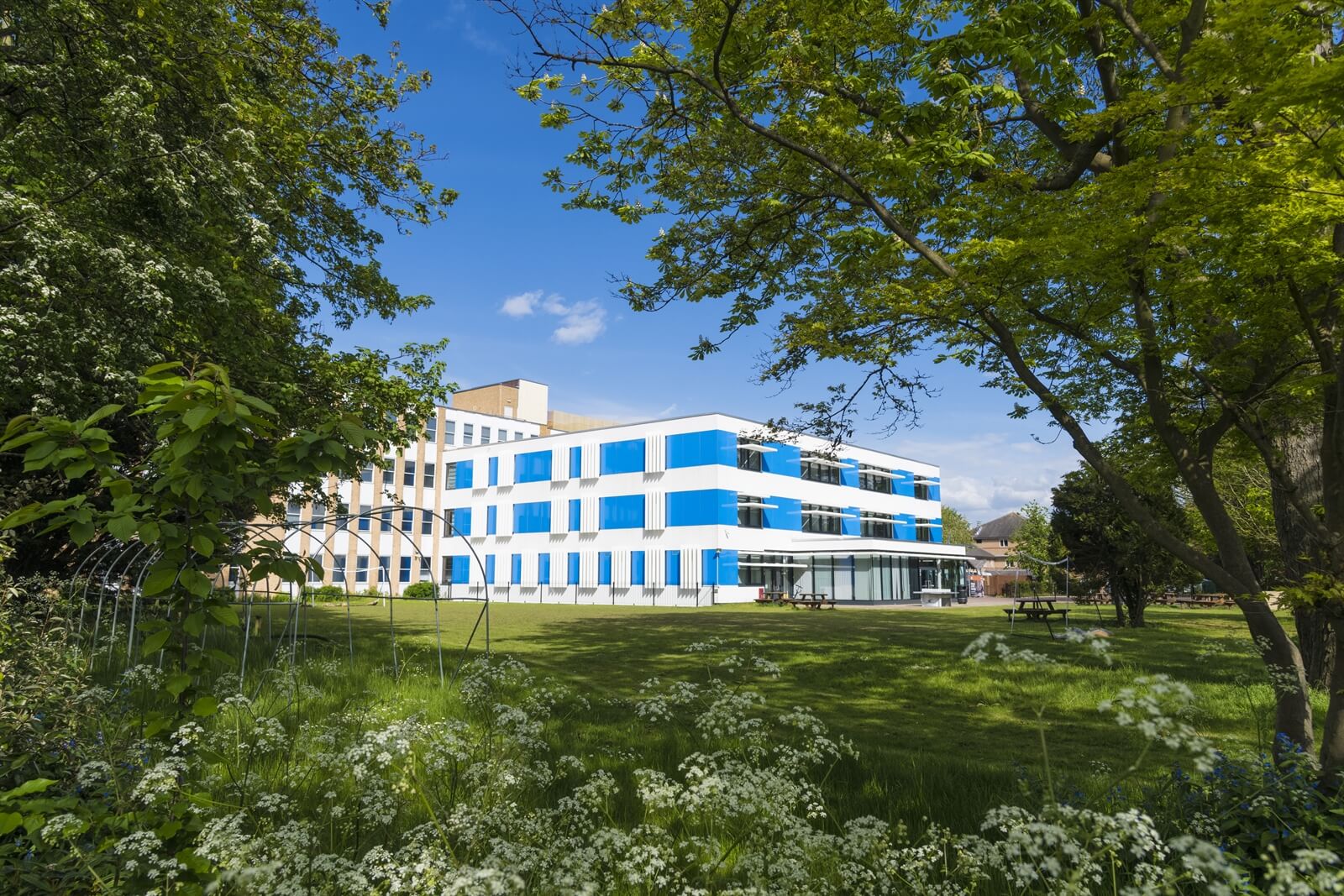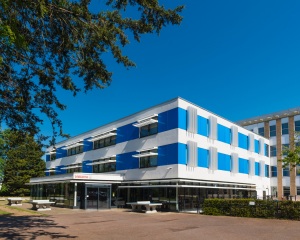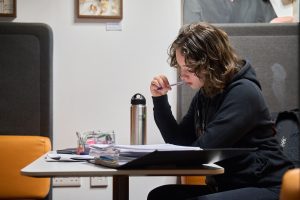“It is my very strong view that while the purpose of all schools is to elicit learning in their students, the importance of teacher learning to that process is often forgotten. At CATS Cambridge I am always keen to highlight that teachers should be as expert in the art and science of learning as they are in their own subjects”
Dominic Tomalin, Principal, CATS Cambridge
Dominic Tomalin welcoming students to the College Research Community
Our Philosophy
Our philosophy is centred on the principles of andragogy and teacher agency. We recognise that professional educators, whether they teach, lead or administer, may well have different learning needs to those of their pupils. We have designed our approach to career and professional development accordingly.
At CATS Cambridge we believe that a strong interest in how humans learn is essential to eliciting learning in others. We place a considerable emphasis on enabling our teachers to develop their appreciation of metacognition; how we think, and meta-learning; how we learn. We are very keen to bring the best pedagogical strategies into our classrooms and the way we organise our school. However, no matter how similar they may be, all pupils, teachers, classrooms, and schools are unique in their own way. Our experience echoes the observation made by Dylan Wiliam, that “…moving from the generalized principles produced by educational research to action in the classroom is not a simple process of translation”[1]. One cannot simply pull a pedagogy off the shelf and expect it to work everywhere and always. Care needs to be taken to carefully tailor them to the setting with all its complexity of variables. The only way to select and test the efficacy of approaches whether they are current or new is through the application of disciplined action research methodologies. Initial findings assist in identifying gainful nuances, or perhaps point to the usefulness of an approach for one class but not for another.
Continuous improvement and development are hard to achieve, particularly so within the multifaceted intricacies of a live school operation. Yet of all organisations philosophy of continuous improvement and development is the mindset most important in schools. It is, after all, what we expect from our pupils, all day, every day. Should we not expect the same of ourselves? So, to bring our philosophy to life we have partnered with CamSTAR (Cambridge, School Teachers and Research), an international network of over two hundred and fifty schools that share our thinking. With CamSTAR’s support, our teachers are expected to take a determined interest improving their professional practice irrespective of how good they are. As, importantly, they are encouraged to share their findings, what works for them and their students, what has been less useful, so that the whole school can benefit from their research, and so that they can benefit from the wisdom about learning held by the whole school community and across CamSTAR as a whole. We look forward to sharing the progress and outcomes of this professional collaboration with the wider education community through monthly blog posts.
[1] Wiliam, 2003, p. 482, quoted in Thompson and Wiliam, 2007, p7 : Thompson, M. and Wiliam, D., 2007. Tight but Loose: A Conceptual Framework for Scaling Up School Reforms. American Educational Research Association (AERA) held between April 9, 2007 – April 13, 2007, in Chicago, IL.




